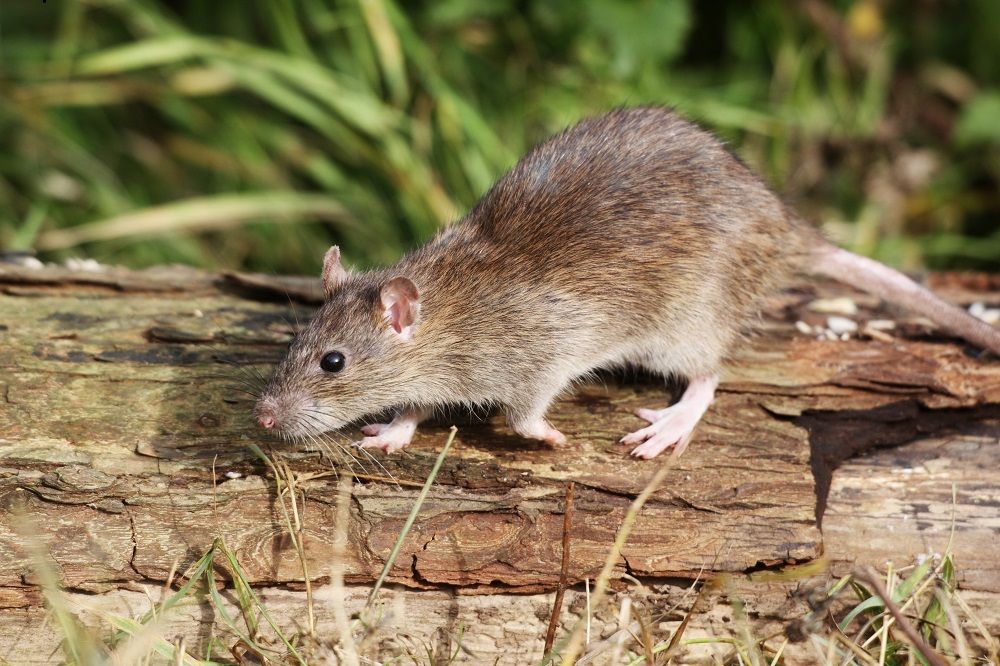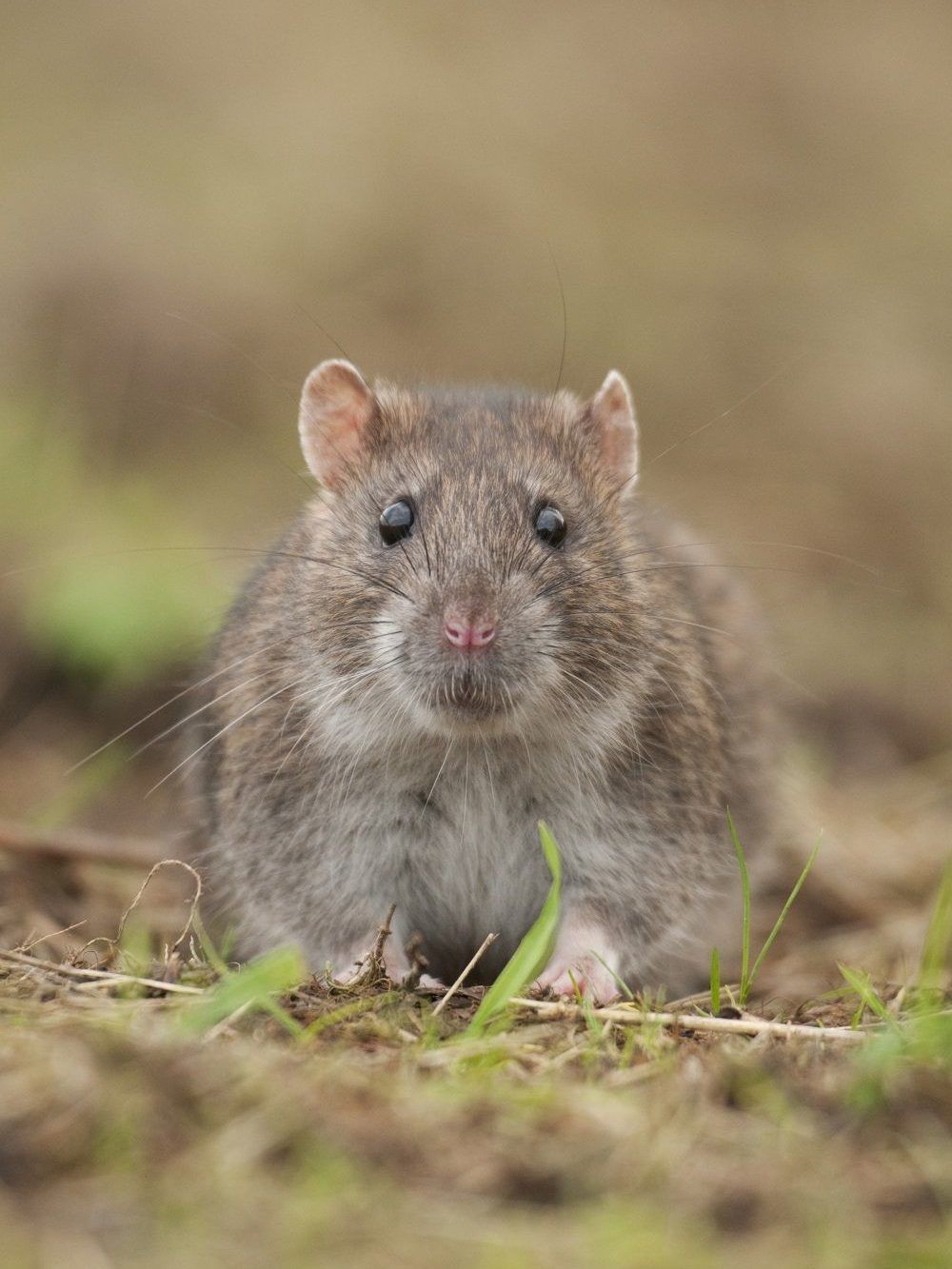Neighbours, however good, don’t always rub along smoothly and sometimes the attentions of our wild ones can be unwanted. But lethal pest-control methods are often indiscriminate and don’t necessarily solve the problem. Kevin Newell, from Humane Wildlife Solutions, looks at the more humane and ecologically-minded alternative to discourage rats in your garden.
Sadly, when someone sees a rat in the garden, panic can set in. Often a pest controller is called to kill the rat using poisons or snap-traps. But what if we took a moment to understand what’s happening rather than trying to eradicate a common garden mammal?
What if I told you, simply killing rats is not going to solve the issue. Poisons used in an outside space can, and do, kill many other species. So, with a little understanding and knowledge, this can be avoided.
Simple measures
There are other ways to deal with garden rats without causing them (and other species) harm. So, where to start? The first thing to know is that living alongside rats isn’t a problem. As long as we put a few simple measures in place, we can happily co-exist.
Before we look at finding a solution to the rats in the garden, I’d always suggest making sure the outside of your home doesn’t offer any routes in for the rats.
Check around door and window frames, air vents and where pipes or other items come out of the wall and if you find a gap, seal it off. This will stop the rats getting into your home. Now your home is secure, let’s see what can be done in the garden.
You have two options now: co-exist with the rats (who are, after all, wildlife living in the wild, which includes your garden) or encourage them to move along.
If you choose the latter, consider if they’re attracted by a food, which could be removed. Rats come into gardens most likely when there is a food source around that has attracted them. This could be from a compost bin, bird feeders or even food left out for other wildlife. If rats don’t have a food source, they won’t breed and will go somewhere else. By controlling their access to food, you control their numbers. If your home is secure and there isn’t a food source, you can leave them alone and they will move away of their own accord.
The problem with poisons
If you choose to use poison, however, to try to remove rats, others will simply take the place of those killed and the issues will continue. Moreover, in some areas, rats are becoming resistant and using poison will mean more rats are resistant in future.
The bigger issue with the use of poisons is that it affects other ‘non-target’ species. Pets, such as cats and dogs, can be seriously harmed if they eat a poisoned animal, and wild species, such as foxes, hedgehogs and birds of prey, may do the same. Other species including wood mice and shrews, might eat the bait directly and be harmed as well. Poisons can take a long time to act and death is often prolonged and painful.
Written by Kevin Newell
If you need help with rats, Kevin can be contacted for non-lethal, ethical solutions, lwm@ptes.org.
The rat race
Brown rats have lodged alongside people for millennia. They arrived in Britain in the 1700s, accidental stowaways on trade ships from Russia, and by the middle of the last century had largely seen off the black rat, which had been here since Roman times.
They are excellent swimmers and divers, and agile climbers, making use of sewers, urban waterways and warehouses as well as digging extensive burrows.
Contrary to their popular image, rats are fastidiously clean and take time out of the rat race, to wash and groom themselves.

Many of Britain’s mammals are in trouble. If we’re not careful, even common species can be lost before our eyes. That’s why we need your help to monitor mammals and record sightings to protect their future. If you’d like to help us monitor our wild neighbours, take part in our nationwide survey Living with Mammals today.

